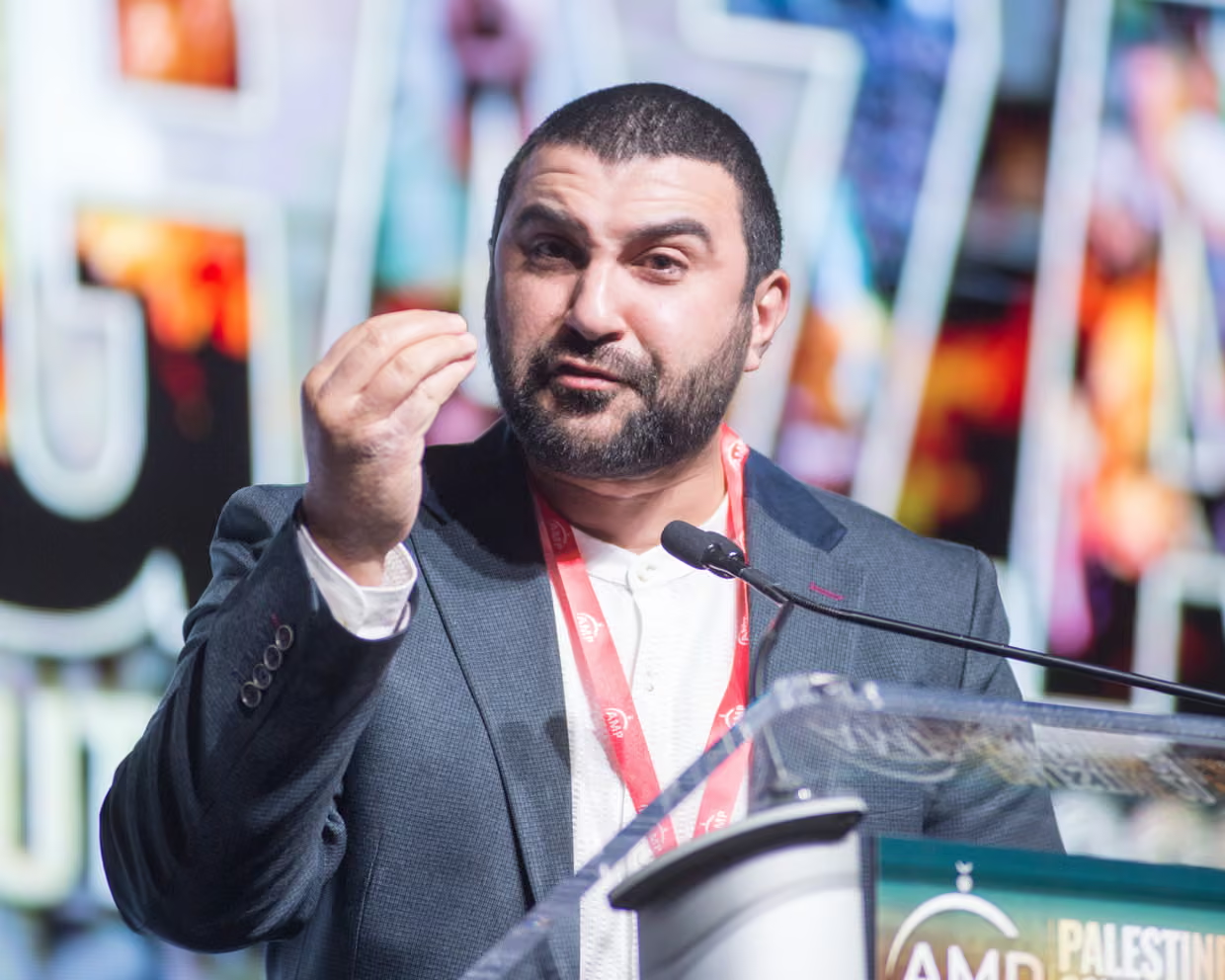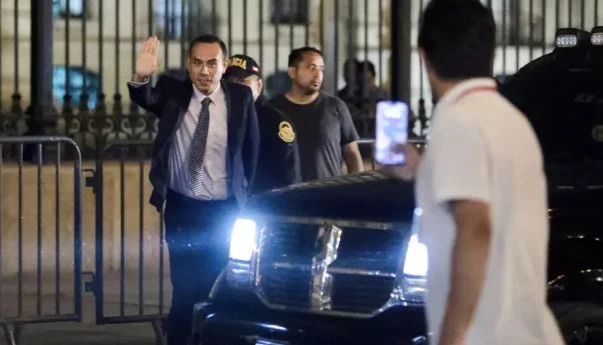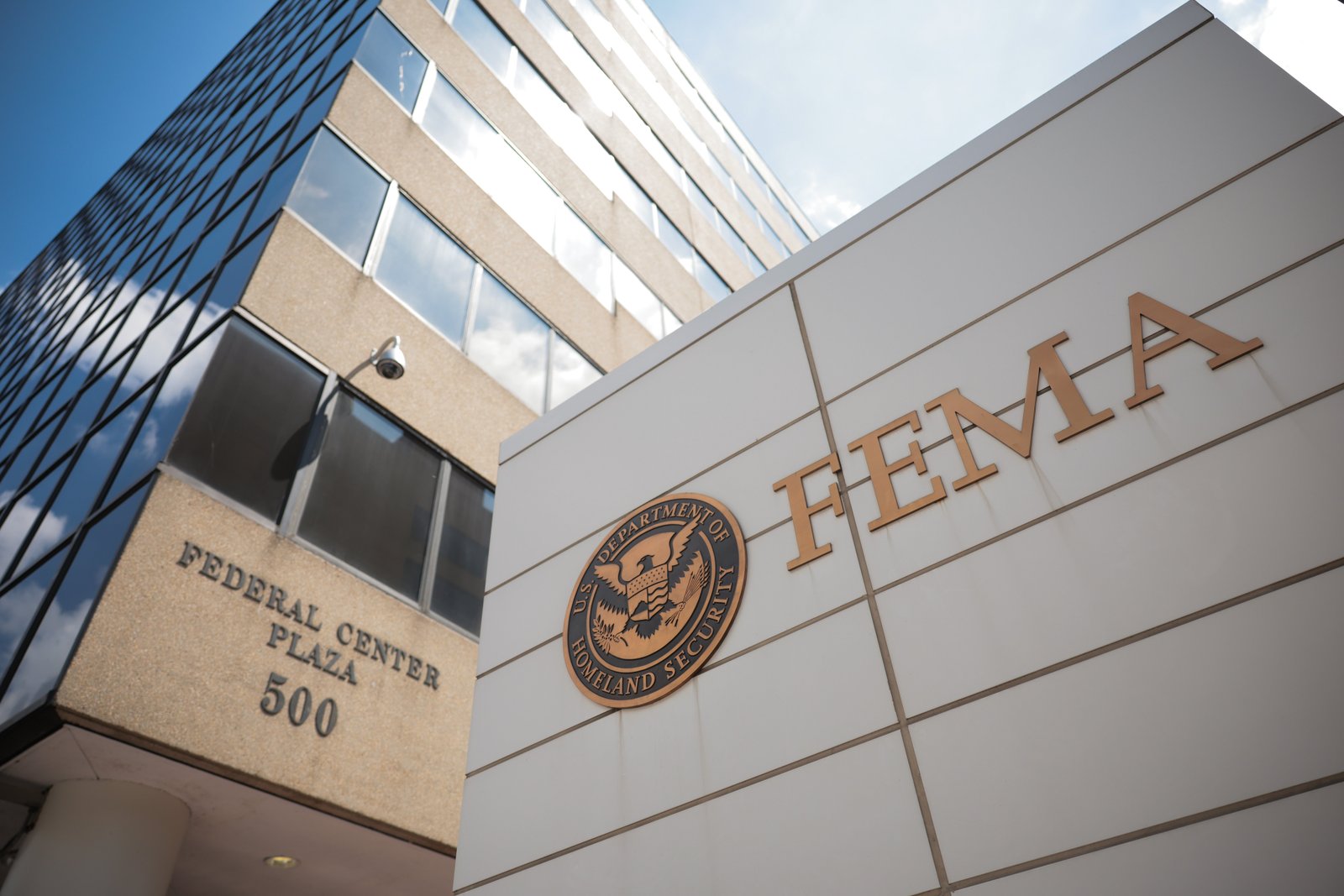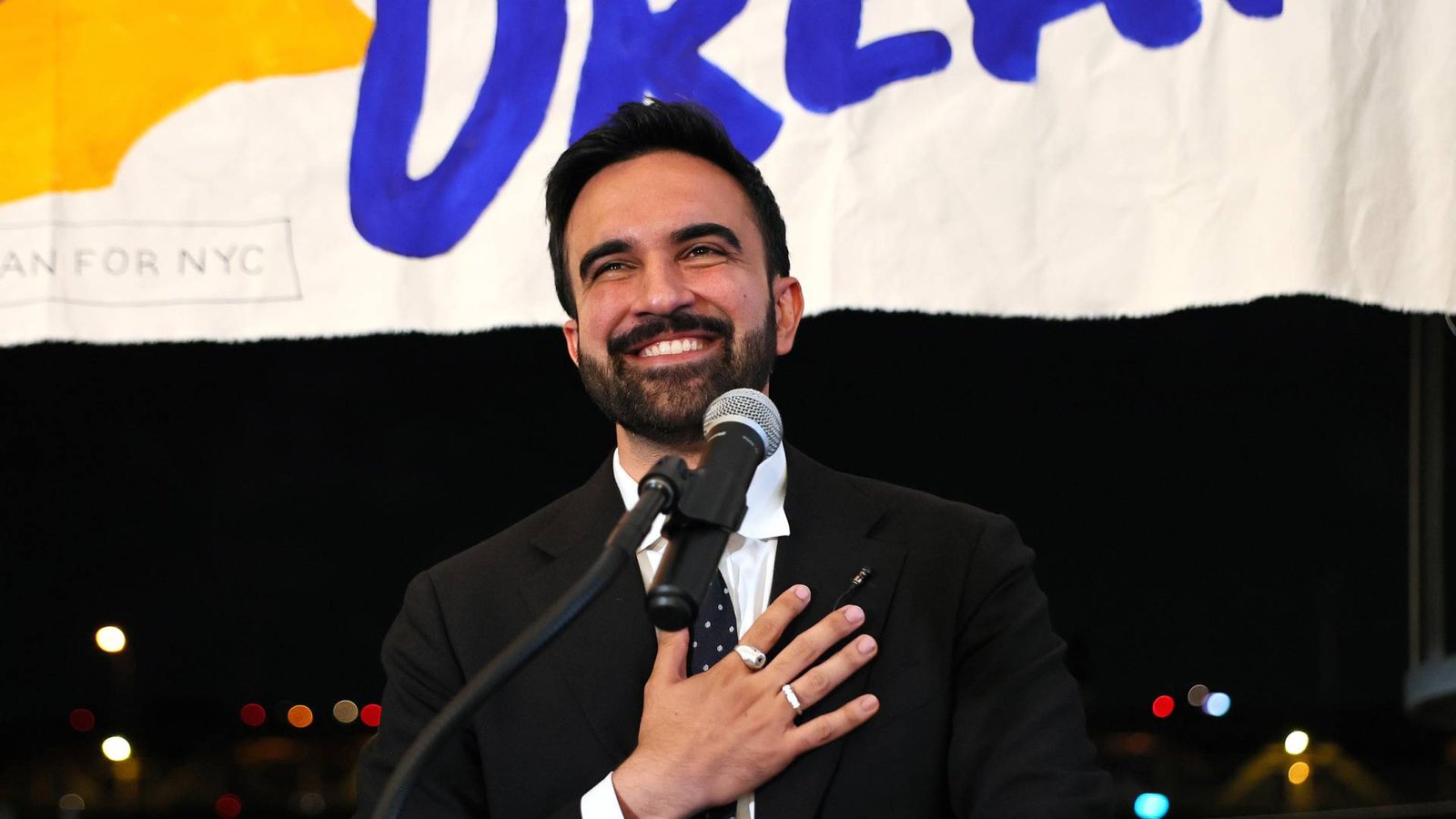British journalist Sami Hamdi has been detained by U.S. Immigration and Customs Enforcement (ICE) at San Francisco International Airport. The incident occurred on Sunday morning and has drawn strong criticism from rights groups, who called it an attack on freedom of speech.
The Council on American-Islamic Relations (CAIR) said Hamdi’s detention was a “clear act of retaliation” for his criticism of Israel’s ongoing military operations in Gaza. Hamdi, a political analyst known for his commentary on Middle Eastern affairs, was on a public speaking tour across the United States.
CAIR released a statement saying Hamdi was targeted simply for exercising his right to free expression. “This is a blatant affront to free speech,” the group said. “His only so-called crime is criticizing a foreign government accused of serious human rights violations.”
The group also confirmed that its legal team and partners are working to secure Hamdi’s release. They urged ICE to immediately provide an explanation for his detention and allow him to return to his normal schedule.
According to the U.S. Department of Homeland Security, Hamdi’s visa was revoked before his detention. Department press secretary Tricia McLaughlin posted on social media that Hamdi was “in ICE custody pending removal.” She claimed, “Those who support terrorism and threaten U.S. national security will not be allowed to work or visit this country.”
Hamdi had recently spoken at the CAIR Sacramento chapter’s annual gala on Saturday. He was also scheduled to appear at CAIR’s Florida chapter event the following day.
The situation has taken on a political tone after right-wing activist Laura Loomer claimed credit for Hamdi’s arrest. Loomer, a vocal supporter of Donald Trump and a known critic of Islam, said she had pressured U.S. officials to act against Hamdi’s visa status. “As a direct result of my relentless pressure on the State Department and Homeland Security, officials have taken action,” she wrote online.
Loomer has a long history of controversial actions and statements. She has described herself as a “white advocate” and “proud Islamophobe.” In the past, she has promoted conspiracy theories, including false claims about the September 11 attacks.
Critics say her involvement in Hamdi’s case raises questions about the politicization of immigration enforcement and the use of government power to silence critics of U.S. allies.
Hamdi’s detention comes amid growing reports of similar incidents. Earlier this month, Salvadoran journalist Mario Guevara was deported after documenting anti-Trump protests. Civil rights advocates have expressed concern that these actions are part of a broader pattern of silencing pro-Palestinian voices.
On September 30, a federal judge ruled that the government’s policy of detaining and deporting foreign scholars for pro-Palestinian views violated the U.S. Constitution. The judge, appointed under President Ronald Reagan, wrote that the policy was designed to “intentionally chill free speech.”
Despite the ruling, the State Department has indicated it will continue to revoke visas under the same policy. Legal experts expect the issue to be appealed and possibly reach the Supreme Court, where a conservative majority could decide the case’s future.
Free speech advocates argue that the detentions of foreign journalists like Hamdi reflect a dangerous shift in U.S. policy. They warn that punishing criticism of foreign governments undermines the core democratic values that protect open debate and dissent.
So far, ICE has not released an official statement beyond confirming Hamdi’s custody. His supporters and legal representatives continue to demand his release and full transparency about the reasons behind his visa cancellation.
The case has sparked widespread outrage online, with many calling for accountability and urging the Biden administration to ensure that U.S. immigration laws are not used to suppress political speech.
As the situation unfolds, human rights groups and journalists worldwide are watching closely. For them, Hamdi’s detention is not just about one man’s visa—it represents a broader test of how far free speech can be protected in a politically divided America.







